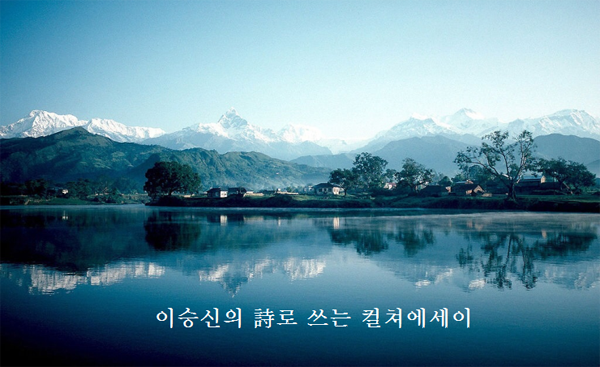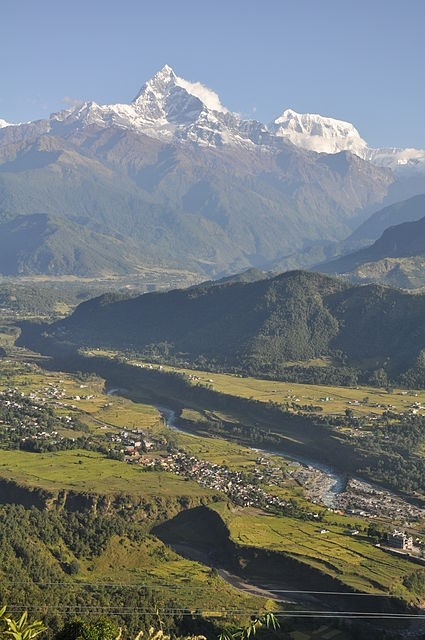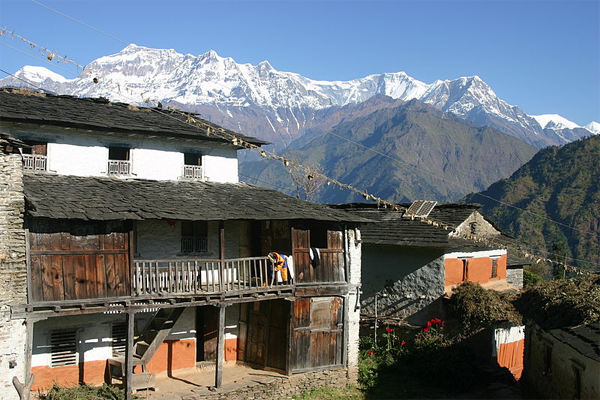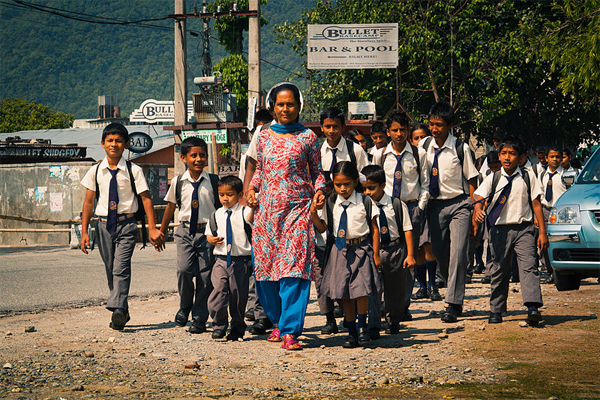Sunshine Lee's Culture Essay Written in Poetry Beer of Nepal
There is an essay I read in a reading class in Doshisha University of Kyoto. It was “Bīru (Beer in English) of Nepal” under the title “Recent Episode of When I Cried the Most” in the Japanese magazine “Bungeishunju”. It was written by Yoshida Naoya 吉田直哉, a pioneer in NHK documentaries and dramas who wrote several books including 'The Naked Face of Japan' and' TV inside me' I summarize and translate the essay in here.
--------------------------------------------------------------------------------------
Even though this happened 4 years ago, it feels fresh like it happened yesterday. One summer, I stayed in Doraka in Nepal for a shoot. It was 1,500 meters above sea level, devoid of any modern conveniences like electricity, water supply or gas. The residents of the city knew the city, with its population of 4,500 people and without cars or roads, fell behind global standards. While the city with its beautiful scenery, looks like a utopia to the eye of tourists, the life there couldn’t be harder. Young people, especially children, want to escape from the village and move to a place with electricity and cars which is understandable as I also had to climb the mountains carrying heavy equipment without a car. We had to hire 15 porters and unload some equipment and food, the first thing to go was beer. It was heavy, and whisky was more effective in consuming alcohol. One day after shooting in sweat, I unwittingly said looking at the placid stream, “Oh, I wish I had a cold beer right here right now.” A boy from the village named Chetori who heard what I said in interpretation, said with twinkling eyes, “I can fetch some for you.” “Fetch from where?” There was a place called Charikot which took an adult two hours by foot “I can come back before sunset” At around 8 pm, he reappeared with about 5 bottles and we welcomed him with applause. The next day when we were filming, the boy asked “Don’t you guys want beer today? We don’t have classes today, and it’s Sunday tomorrow, so I can buy a lot more than I did yesterday” Since the taste of beer from yesterday still remained with me, I gave him money for a twelve pack. But even by night fall, he hadn’t come back. Was he in an accident? I asked around, and people said in unison that he must have run away since he got a large amount of money. 15-year-old Chetori went to school lodging at a place a mountain away from home. I was aware of his circumstances as I had filmed there and heard stuff. In a small dirt-floor room with bedding made of straws, eating a kind of curry made from ground spices called damia and zira blended with chili boiled with vegetables with rice, he studied laying face down in a dark room with a small oil lamp. Chetori still didn’t come back. Saturday and Sunday passed; it was Monday and there was still no news from him. I went to his school and consulted his teacher: “Don’t worry too much. He wasn’t in an accident. He must have run away with that amount of money” I was all regret. I didn’t think much and gave the boy money too much for a Nepalese child. I ruined a life of a good kid. Still, he could have been in an accident? The third day since I had been in a fit, someone pounded on the door of my lodging. I opened the door, afraid it might be the worst news; and there stood Chetori. He was covered in dirt. They had only 3 bottles of bīru in Charikot, so he had to climb four mountains, he said. He had procured 10 bottles in total, but three were broken on the way; with tears in his face, he gave me the broken pieces and change. I hugged his shoulders and cried. I had never cried so much before. I’d never felt so much remorse before.
-------------------------------------------------------------------------
Some years ago, there was a great Tsunami in Japan. When Japanese people and villages were being swept away every day, I thought of the Japanese who respected my poet-mother, and wrote 250 poems for them. When my poems made headline in Korean and Japanese newspapers, several people told me why I tried to comfort Japan that much and why I hadn’t done the same thing when there was an earthquake in Turkey and Indonesia. I didn’t reply “Because it is Japan” And the news of a big earthquake in Nepal made me think of this when I was in Kyoto. As I have never been to Nepal, I had only thought of 'Mount Everest' at the mention of Nepal. This essay made me cry. I read and read looking up the vocabularies that I didn’t know, and this essay made me want to visit the country where simplicity and honesty were still alive. And I wanted to thank the writer who wrote this piece. That is the power of literature, making readers cry and changing their hearts.
|









